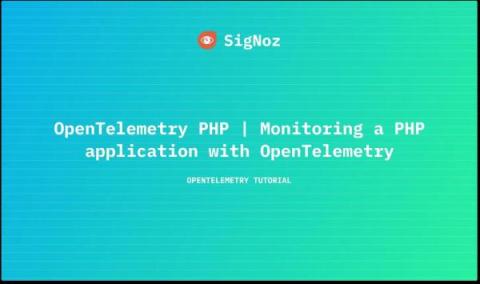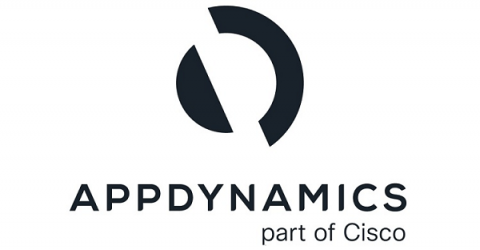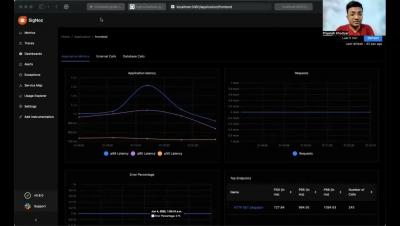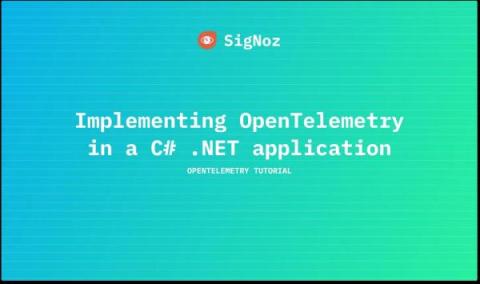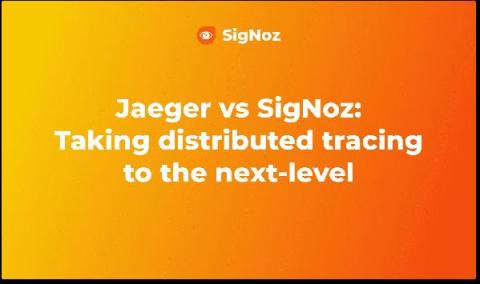Operations | Monitoring | ITSM | DevOps | Cloud
Tracing
The latest News and Information on Distributed Tracing and related technologies.
Configuring OpenTelemetry in Python
For this post, we’ll use a small Flask app that allows users to input a city name and they receive the current weather information for that city. We’ll make an API call to openweathermap.org to get the weather information for the city.
What's on our radar: OpenTelemetry experts share their A-list OTel content
Snapshot of the content that AppDynamics’ OpenTelemetry experts, Erwan Paccard and Severin Neumann find valuable.
Introducing the Mezmo Exporter for OpenTelemetry
At Mezmo, we see a massive opportunity to reduce Mean Time to Detection (MTTD) and Mean Time to Resolution (MTTR) by making log data more valuable and actionable. Today, we’re thrilled to announce the release of the Mezmo Exporter for OpenTelemetry- the first step in our continued work with the project to further simplify the ingestion of log data and make that data more actionable with enrichment of key OpenTelemetry attributes.
Go instrumentation - OpenTelemetry in Go applications : Complete Tutorial with SigNoz
Tracing errors and surfacing collateral damage across your code base
Frontend technologies typically talk to several services in your backend, and those services talk to other services. At the root of every issue is a single event that causes a domino effect. A domino effect that impacts every operation from the first experience on the frontend to the backend API call. Sentry can show you how these exceptions and latency issues impact every one of your services. For example, take the ever common and seemingly simple to resolve 500 - Internal Server Error.
OpenTelemetry in a C# .NET application | Implementation guide
Jaeger vs SigNoz - Taking distributed tracing to the next level
What is OpenTelemetry
You may have previously heard about OpenTelemetry (also known as OTel) if you have looked into improved ways of standardising different data types. In this article, we’ll delve into the key things you need to know about OpenTelemetry and how this unified standard may become the future of how logs, metrics, events and traces are all handled.
Introducing native support for OpenTelemetry in Jaeger
The latest Jaeger v1.35 release introduced the ability to receive OpenTelemetry trace data via the OpenTelemetry Protocol (OTLP), which all OpenTelemetry SDKs are required to support. This is a follow-up to the previous announcement to retire Jaeger’s “classic” client libraries. With this new capability, it is no longer necessary to use the Jaeger exporters with the OpenTelemetry SDKs, or to run the OpenTelemetry Collector in front of the Jaeger backend.


